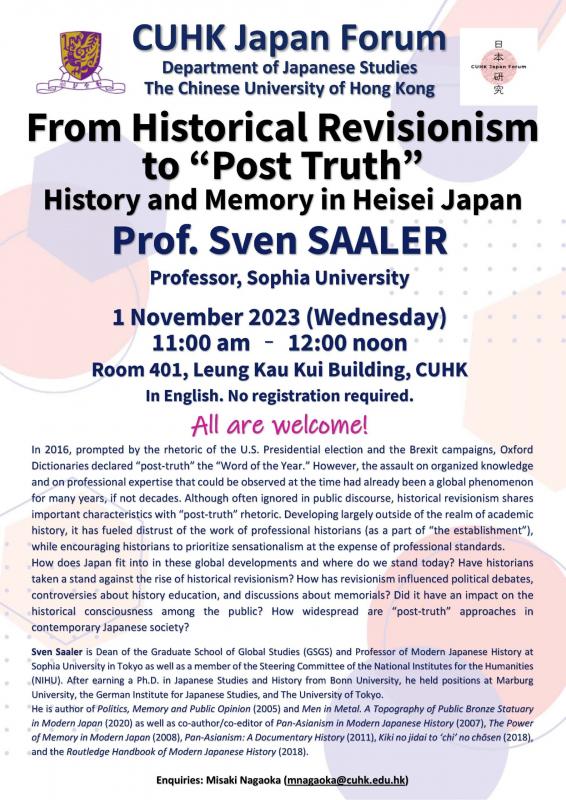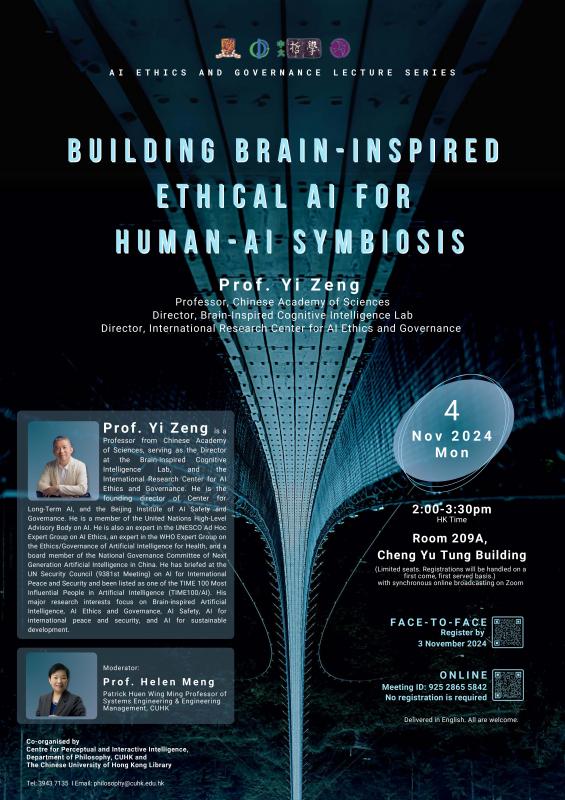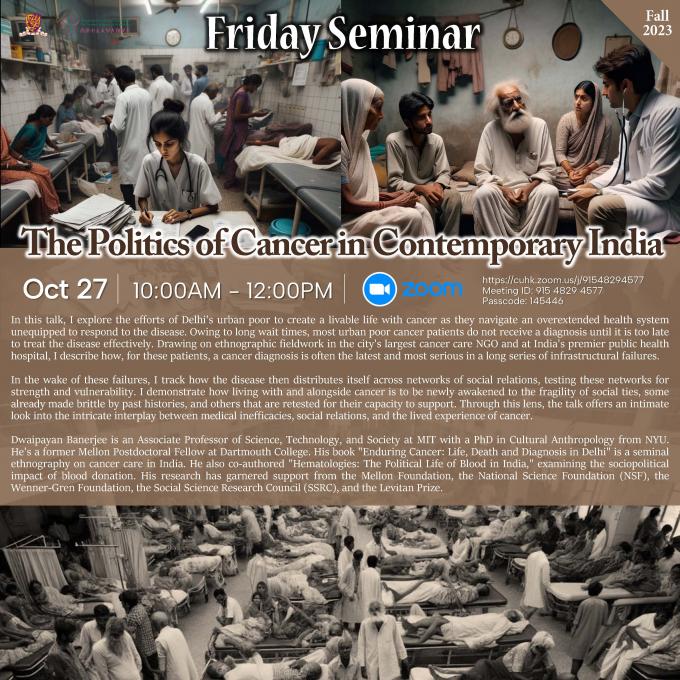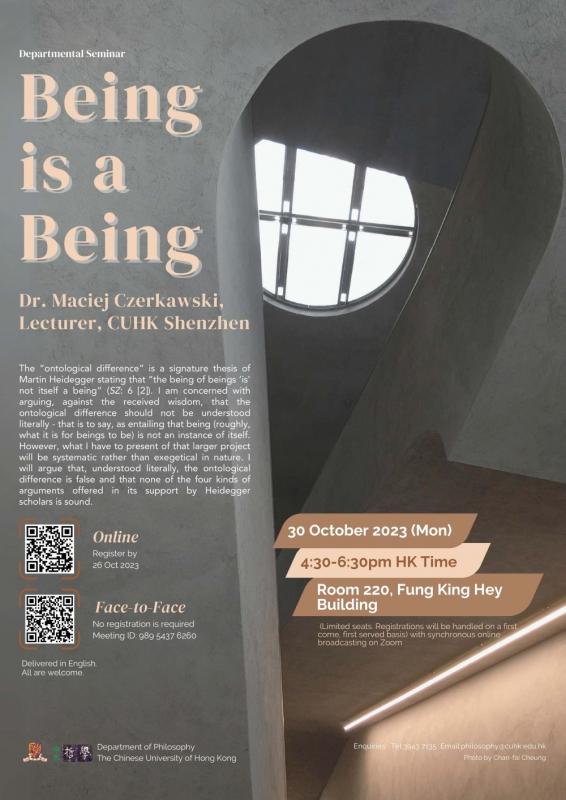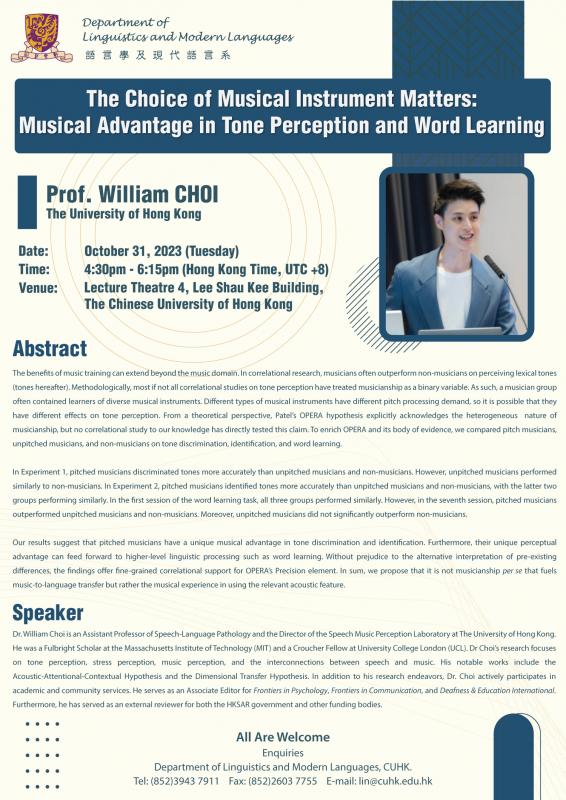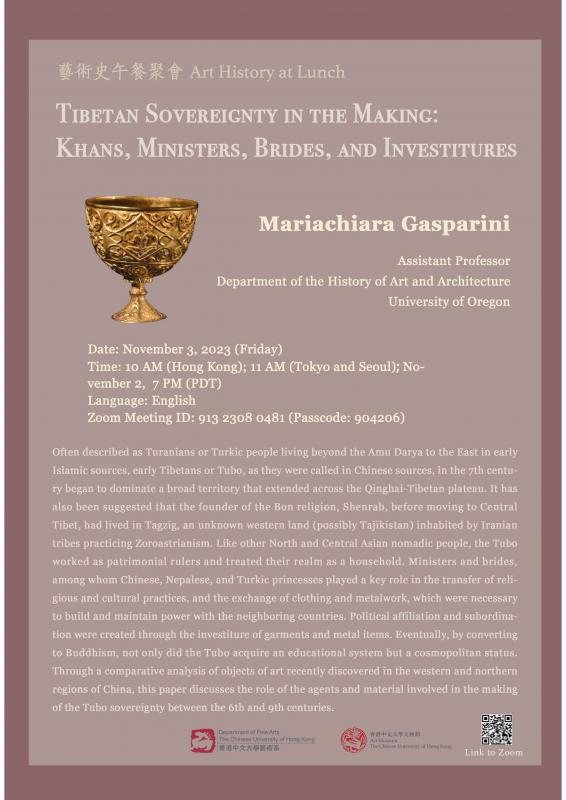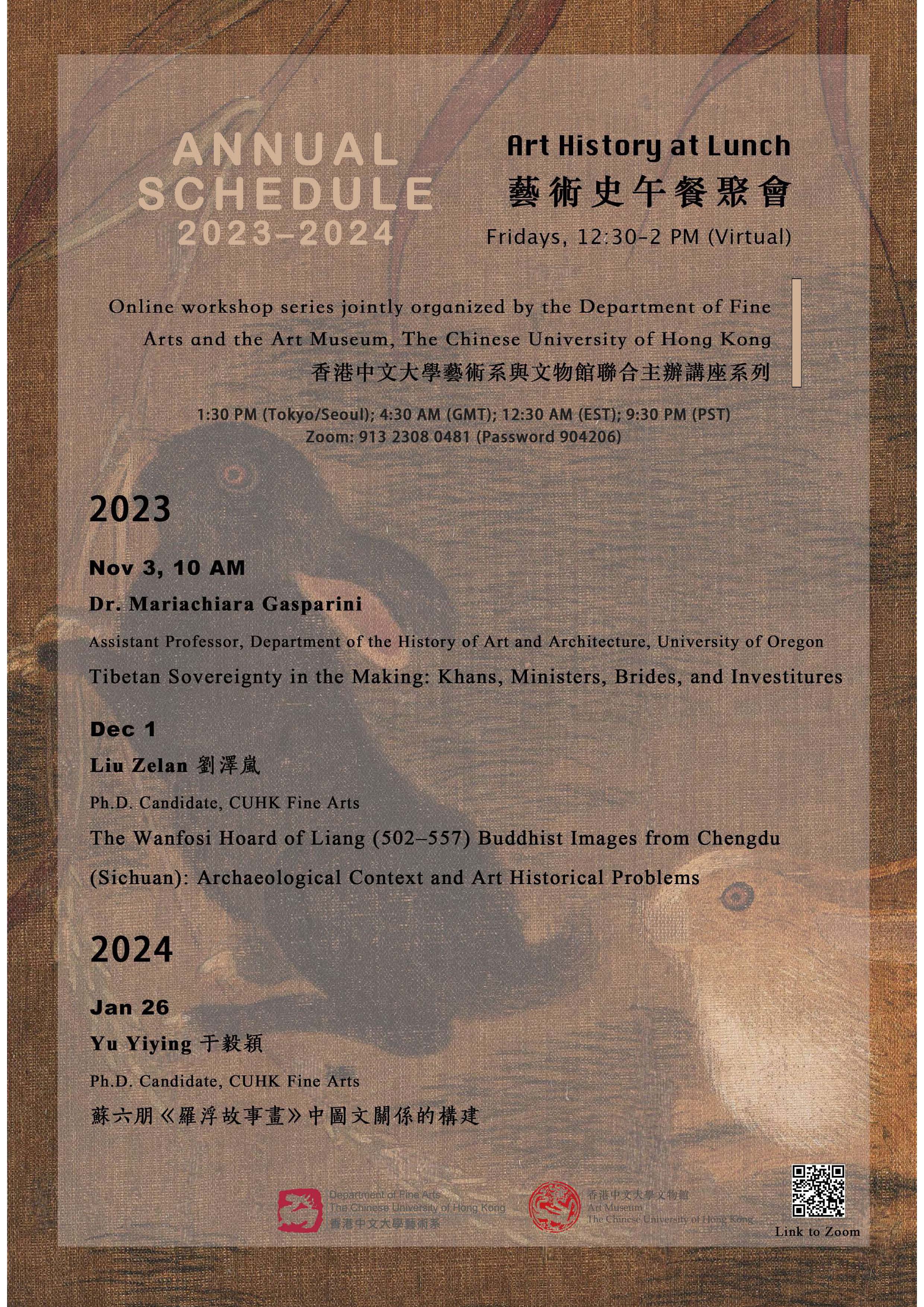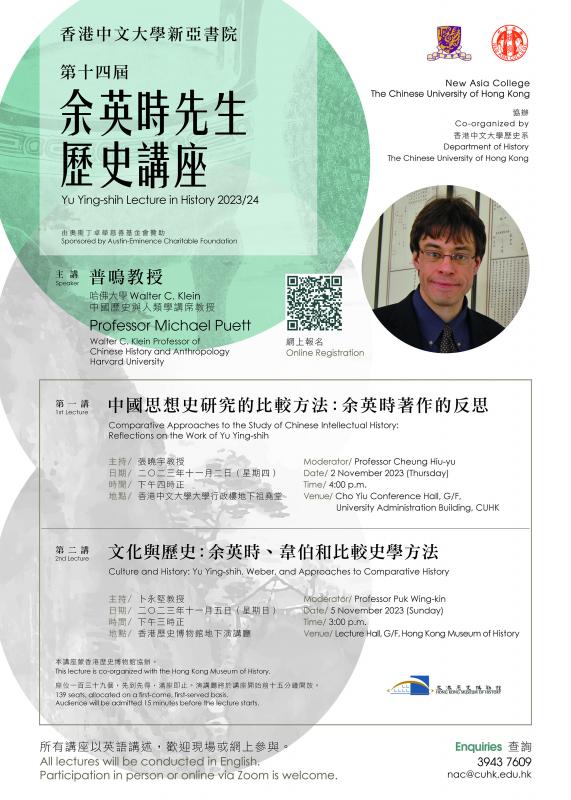In 2016, prompted by the rhetoric of the U.S. Presidential election and the Brexit campaigns, Oxford Dictionaries declared “post-truth” the “Word of the Year.” However, the assault on organized knowledge and on professional expertise that could be observed at the time had already been a global phenomenon for many years, if not decades. Although often ignored in public discourse, historical revisionism shares important characteristics with “post-truth” rhetoric. Developing largely outside of the realm of academic history, it has fueled distrust of the work of professional historians (as a part of “the establishment”), while encouraging historians to prioritize sensationalism at the expense of professional standards.
How does Japan fit into in these global developments and where do we stand today? Have historians taken a stand against the rise of historical revisionism? How has revisionism influenced political debates, controversies about history education, and discussions about memorials? Did it have an impact on the historical consciousness among the public? How widespread are “post-truth” approaches in contemporary Japanese society?
Speaker
Prof. Sven Saaler (Professor, Sophia University, Tokyo, Japan)
Sven Saaler is Dean of the Graduate School of Global Studies (GSGS) and Professor of Modern Japanese History at Sophia University in Tokyo as well as a member of the Steering Committee of the National Institutes for the Humanities (NIHU).. After earning a Ph.D. in Japanese Studies and History from Bonn University, he held positions at Marburg University, the German Institute for Japanese Studies, and The University of Tokyo. He is author of Politics, Memory and Public Opinion (2005) and Men in Metal. A Topography of Public Bronze Statuary in Modern Japan (2020) as well as co-author/co-editor of Pan-Asianism in Modern Japanese History (2007), The Power of Memory in Modern Japan (2008), Pan-Asianism: A Documentary History (2011), Kiki no jidai to ‘chi’ no chōsen (2018), and the Routledge Handbook of Modern Japanese History (2018).

